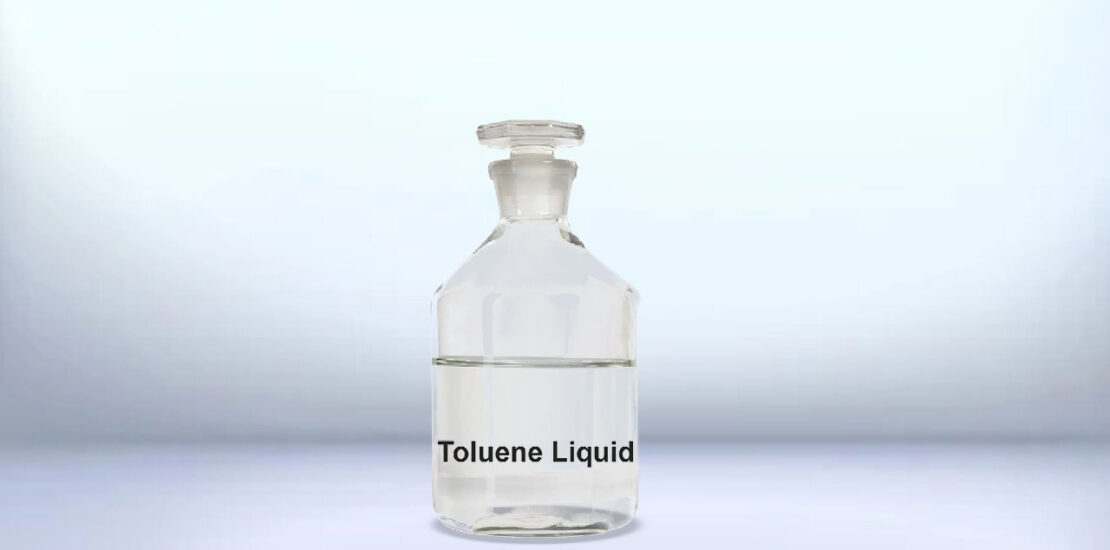- 28 August 2023
- Posted by: sspetrochem.com
- Categories:
No Comments

Toluene
What is toluene?
Toluene is a colorless, aromatic hydrocarbon compound with the chemical formula C7H8. It is closely related to benzene, sharing its aromatic ring structure, but with an added methyl group (CH3) attached to the ring. Toluene is widely used as a solvent, fuel additive, and starting material in various industrial processes. Here are some key details about toluene:
- Structure and Aromaticity: Toluene consists of a benzene ring with a single methyl group (CH3) attached to it. This structure gives toluene its distinct properties and reactivity while maintaining its aromatic character.
- Physical Properties:
- Odor: Toluene has a distinctive, sweet, and pungent odor.
- State: It is a colorless liquid at room temperature with a relatively low boiling point.
- Production: Toluene is primarily produced as a byproduct of crude oil refining and from processes like catalytic reforming. It is often obtained alongside other hydrocarbons in fractions like gasoline.
- Applications:
- Solvent: Toluene is a versatile solvent that is used in various industrial applications, including paints, coatings, adhesives, and cleaning agents. It can dissolve a wide range of substances and is often preferred due to its relatively low toxicity compared to other solvents.
- Fuel Additive: Toluene is used as an octane booster in gasoline to improve fuel efficiency and engine performance. It increases the octane rating of gasoline and reduces knocking or pinging during combustion.
- Chemical Industry: Toluene is a valuable starting material for the production of other chemicals, such as benzene, xylenes, and various aromatic compounds. It is also used to produce compounds like toluene diisocyanate (TDI) and trinitrotoluene (TNT).
- Pharmaceuticals: Toluene is used in the synthesis of pharmaceuticals and drugs.
Product Image

